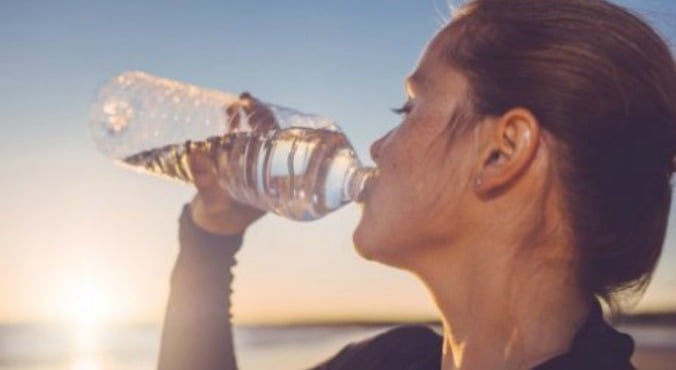
Image: ABC/Getty. By Cathy Johnson.
It might seem that “everything gives you cancer” as the singer Joe Jackson lamented. News of upgraded warnings about red and processed meat and bowel cancer this week no doubt add to this feeling. But when it comes to cancer risk, it’s important to keep things in perspective.
Obesity and lack of exercise pose bigger cancer risks than red and processed meat, as some experts have pointed out this week. On the flipside, a lot of the things we hear cause cancer actually don’t. Stories, rumours and fanciful claims about cancer are so widespread, Australia’s peak independent cancer control organisation, Cancer Council Australia, has created a website to dispel them. It gives accurate, evidence-based answers to questions about everything from using a laptop on your lap to wearing a bra to bed (and if you’re wondering, neither of these activities is believed to pose a cancer risk).
Here are four things you might have heard give you cancer but which – from all existing evidence – don’t, and the big four you really should be worried about instead.
Don’t worry about these
1. Plastic water bottles
The claim: heating, freezing or reusing plastic water bottles releases chemicals from the plastics that could cause cancer, including dioxins.
The facts: Water in plastic bottles should be no less safe than water in metal bottles or any other container. The plastic in water bottles contains no dioxins at all.
Source: Does drinking water from plastic drink bottles cause cancer?





























































































